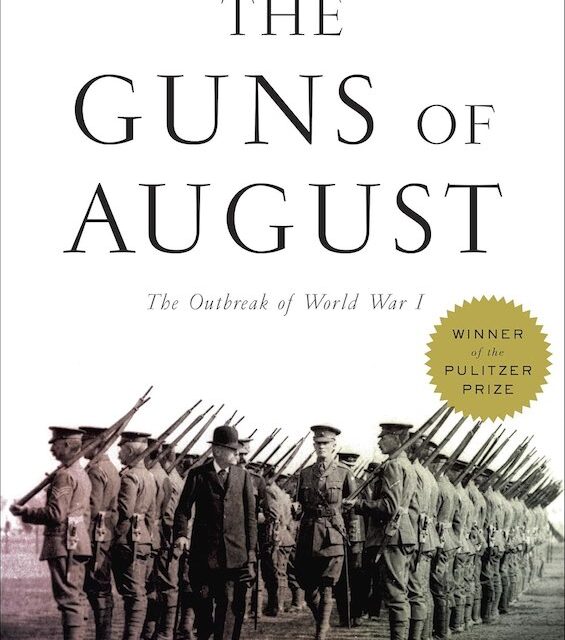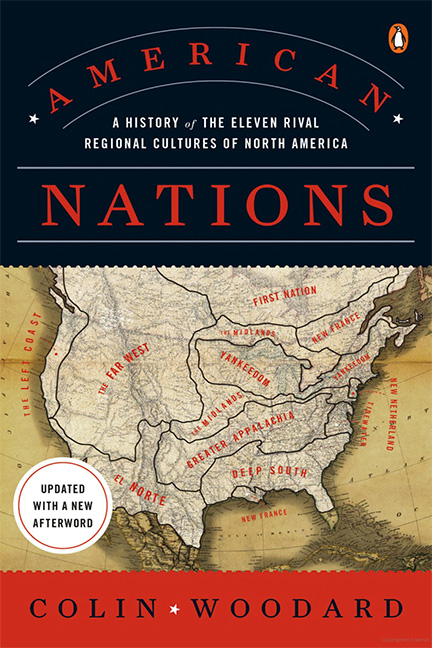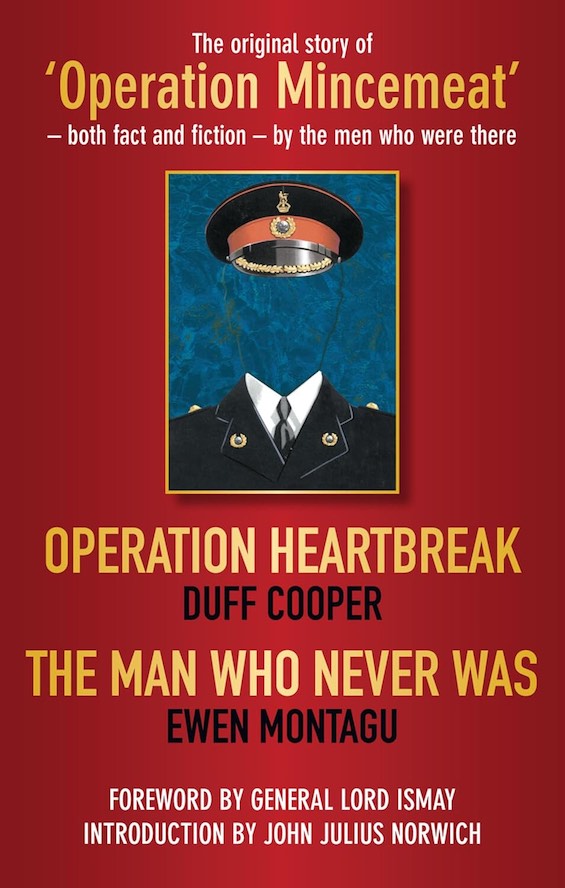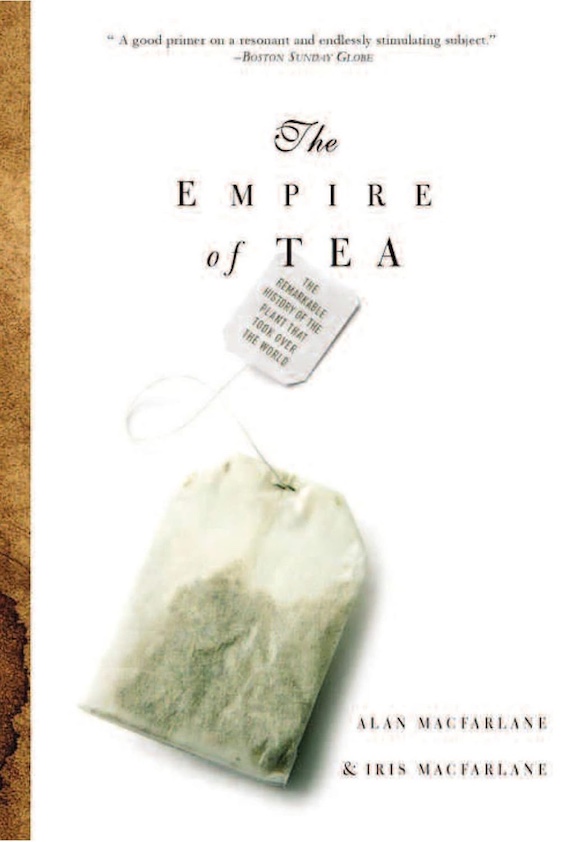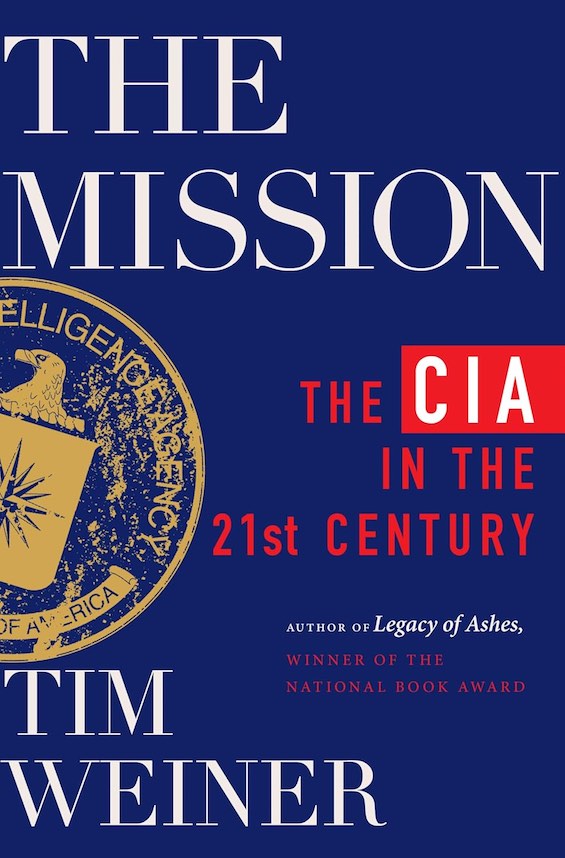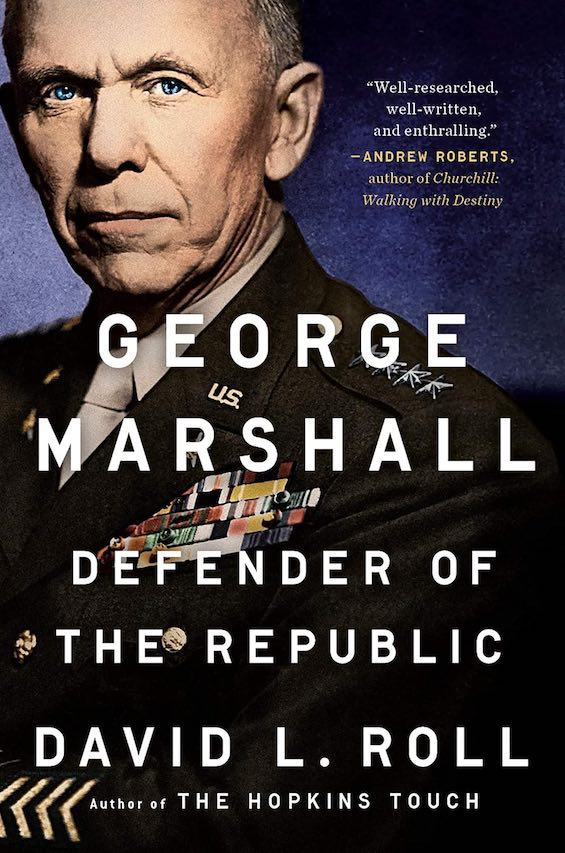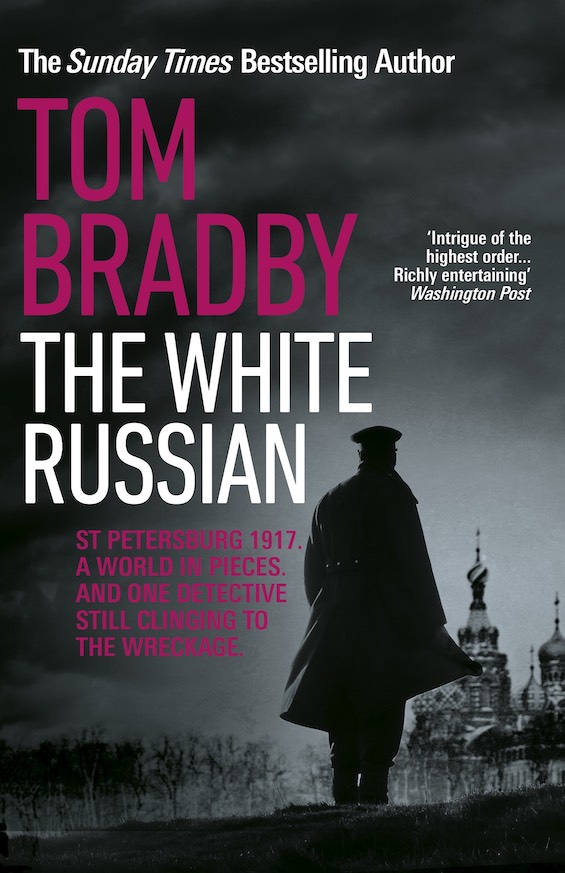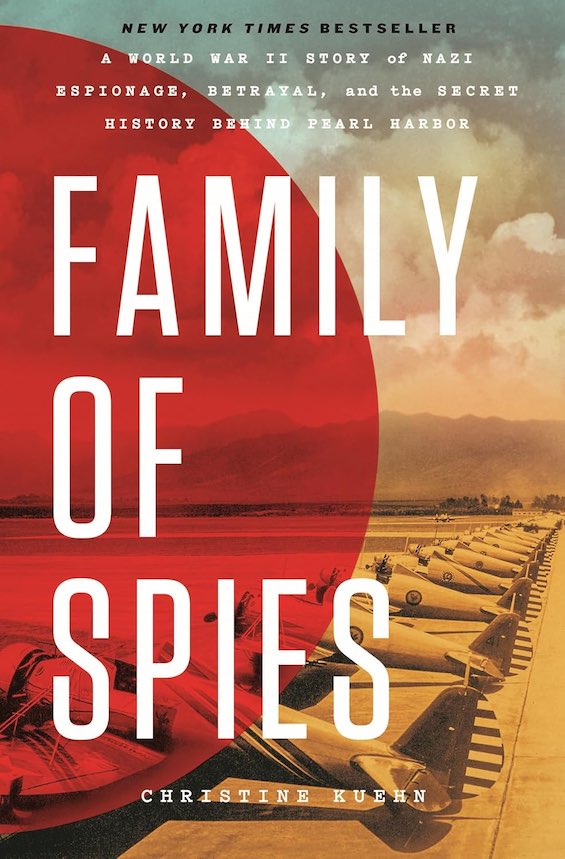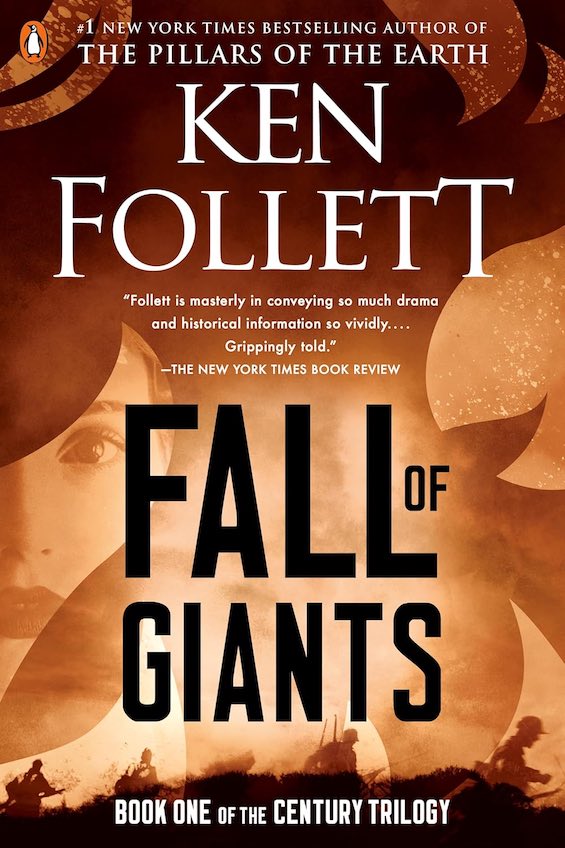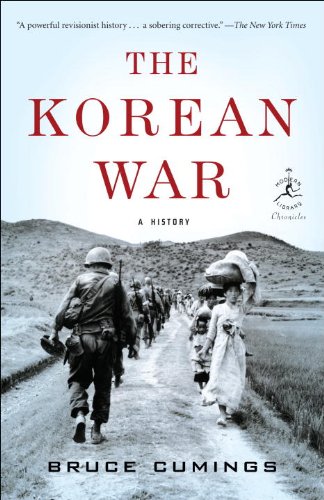Among the most momentous events in world history, World War I stands out for the breadth and depth of its consequences. The fighting was a principal cause of the Russian Revolution. The German, Austro-Hungarian, Turkish, and Russian empires disintegrated, their monarchs deposed. The United States emerged as the world’s sole superpower. And the event proved to be a prelude to the Second World War, which was far deadlier. But the men who engineered and prosecuted the fighting foresaw none of this. The late historian Barbara Tuchman takes us on a tour of their thinking as the war they thought would be over in weeks began in a burst of nationalistic overreach. Her classic, Pulitzer Prize-winning book, The Guns of August, is a superb example of history at its best.
A tight focus on the major players
In The Guns of August, Tuchman dwells on the major diplomatic and military players involved in the origins of the war and its early days. The heads of state or government, especially Kaiser Wilhelm II of Germany, Tsar Nicholas II of Russia, Prime Minister Sir Edward Grey of Britain, and President Raymond Poincaré of France.
Although Emperor Franz Joseph I of Austria-Hungary was a central figure in the lead-up to war, he does not figure in a major way in Tuchman’s story. Tuchman’s narrative concentrates on the Western Front and the German invasion of Belgium and France. Secondarily, she explores the failed Russian invasion of East Prussia on the Eastern Front. She mentions Austria-Hungary’s declaration of war against Serbia only in passing even though it was the proximate cause of the war.
But Tuchman’s focus soon shifts to the top military men in Germany, France, Russia, and Britain as the fighting gets underway: Count Helmuth von Moltke, General Joseph Joffre, Grand Duke Nicholas Nikolaevich, and Field Marshal Sir John French, respectively. Of the four men, only the Russian Supreme Commander, the Grand Duke, comes across largely unscathed. Tuchman’s accounts of the other three are savage.
The Guns of August: The Outbreak of World War I by Barbara W. Tuchman (1962) 710 pages ★★★★★
Winner of the Pulitzer Prize
Rigidity and poor judgment reigned supreme
Everyone makes mistakes. No leader, however exalted, is immune from poor judgment. But it’s difficult to imagine any group of world leaders whose decision-making was so bad as that of the kings, emperors, and generals responsible for launching and prosecuting World War I during its first, fateful month. Tuchman’s treatment of the generals is, if anything, even more savage than her reading of the politicians.
General Joseph Joffre
Having guided the development of the French Army’s aggressive Plan XVII, Joseph Joffre steadfastly refused to depart from it even as his armies’s losses mounted. Joffrey ignored consistent and increasingly panicked reports from military intelligence and his generals in the field that the Germans had mustered much larger numbers than he believed they could, and that they were massing an enormous armada that threatened to outflank his forces in the north. Against all indications, he insisted on driving his armies forward toward Germany in the south to follow the plan even though it quickly became clear that they could make little or no progress.
Sir John French
The Field Marshal Sir John French was commander of the British Expeditionary Force dispatched to the area of the Belgian border. The Cabinet sent him there in response to Britain’s treaty obligation to close the gap between the French Army and the Channel. Unlike Joffre, French did believe the German forces in the north were formidable. But he panicked, ordering his four (later six) divisions to retreat in the face of desperate pleas from the French to hold the line and prevent the Germans from encircling their armies. It didn’t help that French and Joffre detested each other—and that neither one understood the other’s language. Nonetheless, they insisted on meeting alone, without interpreters, to set joint strategy. Of course, none emerged from their talks. They were equally to blame for the lack of communication between the two allies.
General Helmuth von Moltke
None of the other top commanders was immune from folly, either. Helmuth von Moltke, for instance. When Kaiser Wilhelm II launched World War I, the Schlieffen Plan dictated the strategy for the two-front war ahead. The preponderance of forces was massed on the Western Front, with the bulk of them in the north to drive through Belgium and Luxembourg and outflank the French Army along the English Channel. A much smaller force would hold the Eastern Front in the expectation that it would take weeks for the Russians to mobilize.
The French under Joffre played into their hands, but the Russians didn’t. Unexpectedly, they mustered two armies and drove into East Prussia, threatening a drive toward Berlin. Like Sir John French, Moltke panicked. He withdrew several divisions from the forces massed in Belgium and northern France, probably squandering chances of a breakthrough there. Meanwhile, in the east, the Russians blundered into mistakes of their own. Under new leadership, the Germans slaughtered Russians by the tens of thousands in the decisive Battle of Tannenberg without the benefit of the reinforcements en route from the west.
There are innumerable other examples of bungled decision-making that come to light in The Guns of August. The top commanders were far from alone in exercising disastrous judgment.
Review of the book by Claude-AI
I asked the chatbot Claude-AI Version Sonnet 4 to write a 300-word review of this book. What follows is its response, verbatim except for the subheads I’ve added to make the text easier to read. So, if you’ve been led to believe that artificial intelligence always makes mistakes, read what follows. In my opinion, no human reviewer could have done a better job of crafting an analytical review of the book.
A masterpiece of historical narrative
Barbara Tuchman’s “The Guns of August” stands as a masterpiece of historical narrative, transforming the complex opening month of World War I into a gripping and accessible account. Published in 1962, this Pulitzer Prize-winning work demonstrates Tuchman’s exceptional ability to weave together political intrigue, military strategy, and human drama into a cohesive and compelling story.
The book focuses on August 1914, when Europe’s great powers stumbled into what would become the most devastating conflict in human history up to that point. Tuchman meticulously traces the diplomatic failures, military miscalculations, and tragic misunderstandings that transformed a regional crisis into a global catastrophe. Her narrative spans from the assassination of Archduke Franz Ferdinand through the first crucial battles that established the war’s brutal character.
Remarkable skill in bringing historical figures to life
What sets “The Guns of August” apart is Tuchman’s remarkable skill in bringing historical figures to life. Kaiser Wilhelm II, General Helmuth von Moltke, and British Foreign Secretary Sir Edward Grey emerge as complex individuals rather than distant historical abstractions. Tuchman’s prose is both elegant and precise, making intricate military maneuvers and diplomatic exchanges accessible to general readers without sacrificing historical accuracy.
The author’s central thesis—that the war resulted from a combination of rigid planning, national pride, and communication failures rather than inevitable historical forces—remains influential among historians today. Her detailed examination of the Schlieffen Plan and its ultimate failure provides crucial insights into how military doctrine can shape and constrain political decisions.
Brilliant scholarship and storytelling
“The Guns of August” succeeds brilliantly as both scholarship and storytelling. Tuchman’s extensive research, drawn from multiple national archives and memoirs, supports a narrative that reads with the tension of a thriller. The book serves as both an outstanding introduction to World War I’s origins and a sobering reminder of how quickly civilization can collapse when diplomacy fails and military logic takes precedence over human judgment.
About the author
Barbara Wertheim Tuchman (1912-89) taught history to generations of American readers through her 11 bestselling books, which twice won the Pulitzer Prize. She was born in 1912, two years before the subject of this book, and lived to see the events that precipitated the fall of Communism. Her relatives, including her father, banker Maurice Wertheim and her mother, a Morgenthau, were among the most prominent members of the Jewish establishment in America.
Tuchman (then Wertheim) received a BA in history and literature from Radcliffe College in 1933. In 1940, she married a medical researcher and professor of clinical medicine at Mount Sinai School of Medicine. They had three daughters, one of whom was Jessica Matthews, who became president of the Carnegie Endowment for International Peace.
For related reading
This is one of 20 top nonfiction books about history.
For other good books about World War I, see:
- To End All Wars: A Story of Loyalty and Rebellion, 1914-1918 by Adam Hochschild (Reassessing World War I: Learning history the hard way)
- The First World War by John Keegan (They called it the Great War, and so it was)
- Shoulder the Sky by Anne Perry (World War I, up close and personal)
- Precipice by Robert Harris (Treason in Britain on the cusp of World War I)
To put the events related in this book in a much larger context, see Gaining a global perspective on the world around us.
And you can always find the most popular of my 2,300 reviews, and the most recent ones, on the Home Page.

